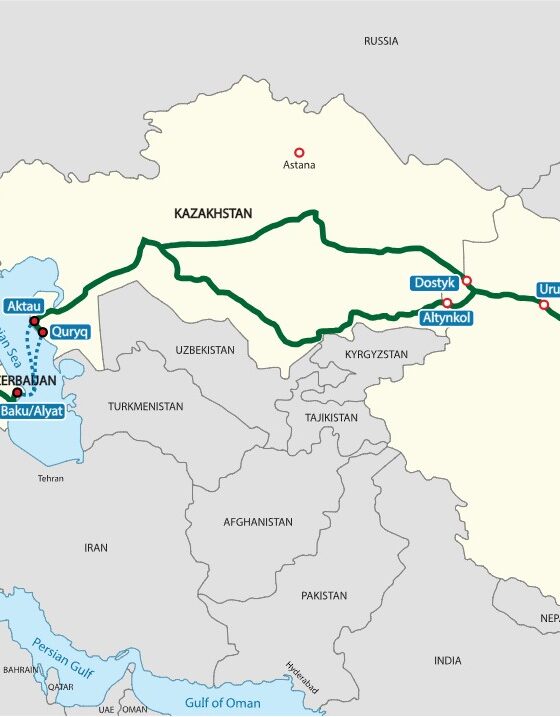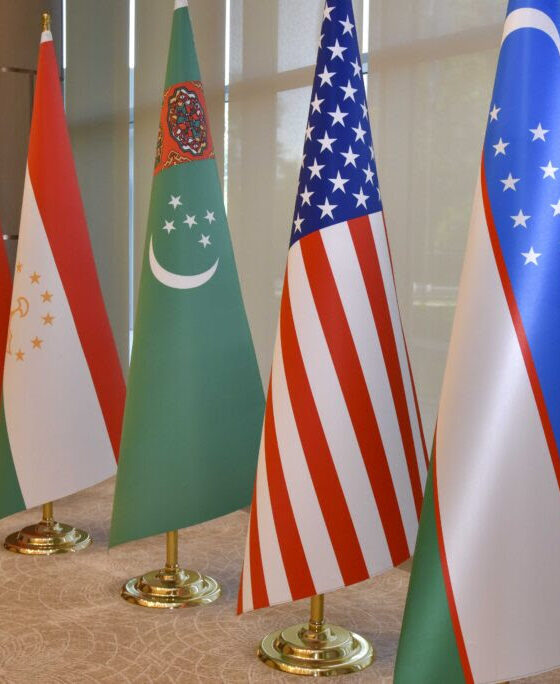Voices From Central Asia No. 19, January 2015
By Mendee Jargalsaikhan
Sino-Mongolian relations have been amicable ever since the Sino-Soviet and Sino-Mongolian rapprochements of the late 1980s, after over three decades of hostility. Today Mongolia and the People’s Republic of China have broadened relations in all areas of cooperation, returning to a state of relations similar to the 1950s. However, in Mongolia, anti-Chinese discourses continue to appear in daily conversations, the news media, in Internet comments, literature, hip-hop, and even graffiti. This paper advances four reasons for such lingering anti-Chinese sentiment. First, like any small state, Mongolia remains vulnerable to the dominance of its two large neighbors. Memories of colonization are still vivid. Second, Mongolians, like many other ethnic groups, are concerned with the population’s “purity of blood.” Third, the communist regime’s use of anti-Chinese sentiment during the Sino-Soviet conflicts of the 1960s-70s has had a lingering impact on the views and attitudes of Mongolians toward China, Chinese people, and Chinese culture. The anti-Chinese myths and narratives that were institutionalized have not been critically analyzed. Finally, various external and internal actors use anti-Chinese sentiment to forward their business interests.













